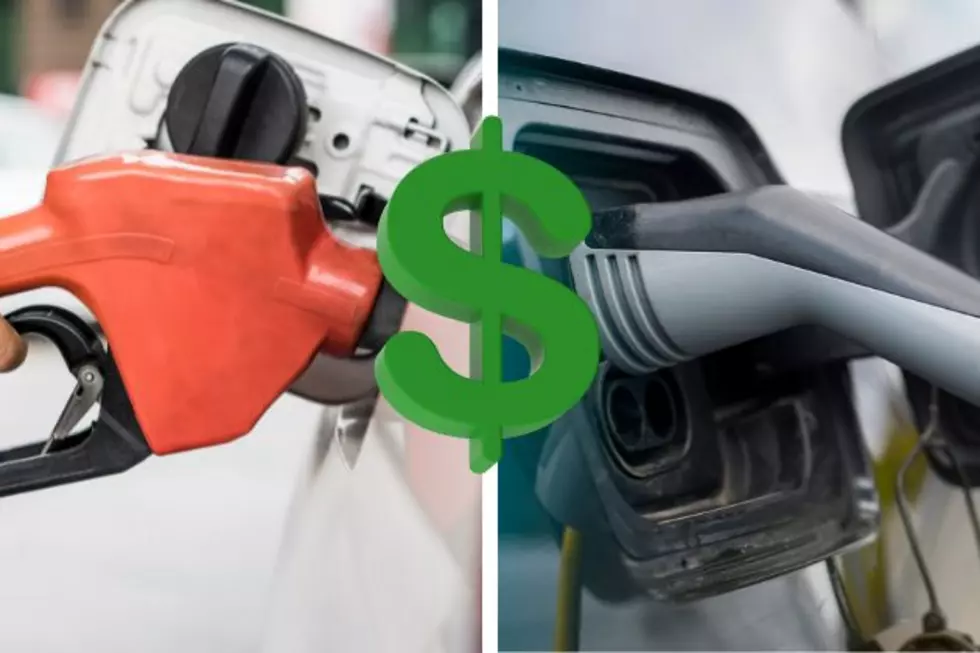
NJ governor just raised the cost of gas and owning electric cars
🚘 A new law reauthorizes NJ's Transportation Trust Fund for 5 years
🚘 The state's gas tax will increase annually for five years
🚘 The law also adds a fee for drivers of electric vehicles
New Jersey's gas tax will increase for five years straight and electric vehicle owners will have to put out a yearly fee in order to keep the state's pot of money for transportation projects afloat.
A law signed by Gov. Phil Murphy on Tuesday is meant to provide billions of dollars for New Jersey's Transportation Trust Fund, which was set to expire a few months from now.
With the new law, a change to the state's gas tax formula will go into effect on July 1, the start of New Jersey's fiscal year.
To meet the state's ambitious financial goals for road and transit projects, the tax per gallon will increase by 1.9 cents annually for five years.
According to the law's language, the annual tax rate adjustment at New Jersey's pumps will be pushed back by three months, from Oct. 1 to Jan. 1, so that changes coincide with the start of the new year.
Added fee for green drivers
To ensure that electric-vehicle owners are also paying their share for road repairs, the law includes an annual "electric vehicle fee" for five years.
When the owners of zero-emission vehicles register their vehicles, they'll have to put out an extra $250 starting on July 1. The yearly fee will increase by $10 annually through 2028.
Maintaining NJ's transportation infrastructure
"The funding will cover the cost of maintenance and repairs for everything from roads and highways, to bridges and tunnels, to railroads and runways, and, yes, even those damn potholes," Murphy said before signing the bill at an event in Aberdeen.
Murphy said the nation depends on the strength of New Jersey's transportation system — the state is at the heart of one of the busiest stretches of commerce in the world.
In 2022 alone, more than 500 million tons of freight were transported in the state, Murphy said.
"The TTF also provides real property tax relief," said Assembly Speaker Craig Coughlin, D-Middlesex. "County and local governments won't need to raise taxes to pay for necessary transportation projects and improvements, since the state will continue to provide over $400 million annually in funding to cover those costs."
The new revenue boost will also benefit NJ Transit. The agency is scheduled to see an additional $91.75 million over the last three years of the new program. The agency already gets $767 million annually from the TTF for new capital projects.
The bill signed by Murphy was approved in the Assembly by a vote of 49-28, and in the Senate by a vote of 24-14.
The last reauthorization of the TTF in 2016, under then-Gov. Chris Christie, occurred after the fund's authorization had already expired. The delay shut down transportation projects in the state for months.
Report a correction 👈 | 👉 Contact our newsroom
LOOK: The most expensive weather and climate disasters in recent decades
Gallery Credit: KATELYN LEBOFF
LOOK: Most common jobs 150 years ago in New Jersey
Gallery Credit: Stacker



